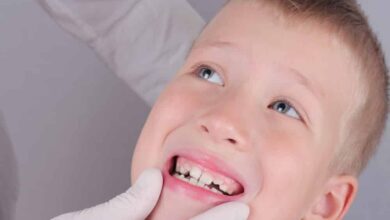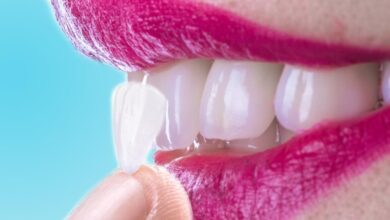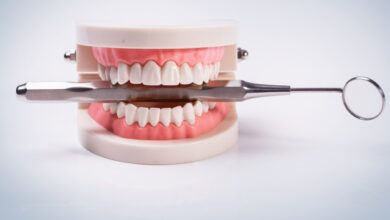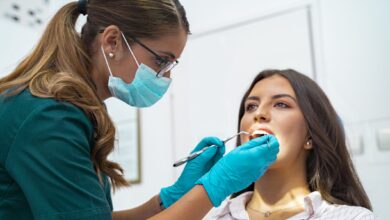Top 7 Tips for Great Oral Health
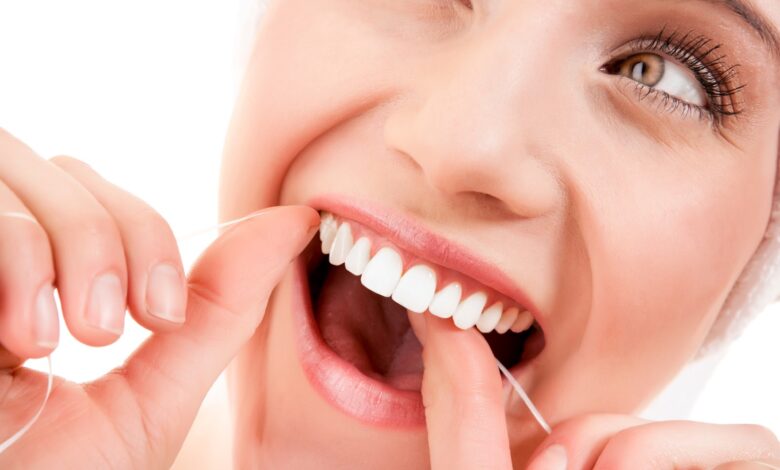
Evidence has shown that there is a correlation between a person’s overall health and oral health. Therefore, it should come as no surprise that researchers see oral health problems as a public health threat.
Without care, problems with tooth decay or gum can lead to discomfort, self-confidence issues, and tooth loss. Any of these conditions can lead to problems in a person’s work, school, or personal life. They can also lead to malnutrition, speech problems, and other challenges. Click here to see more about dental hygiene
Through good dental care at home and regular visits to the dentist’s office, you can avoid such issues.
Below are some best practices that will help keep your teeth and gums healthy.
Watch what you eat

The food you eat and the drinks you take in can cause tooth decay if you are not careful, so a healthy diet is vital for your oral health. A healthy diet contains lots of vegetables and fruits, as well as essential carbohydrates such as bread, wholegrain rice, pasta, and potatoes.
Protein sources, such as beef, fish, eggs, beans, and other non-dairy protein sources, and as well as milk and low-fat dairy products. You should also minimize your intake of food high in sugar and fat.
Brush twice a day and floss daily
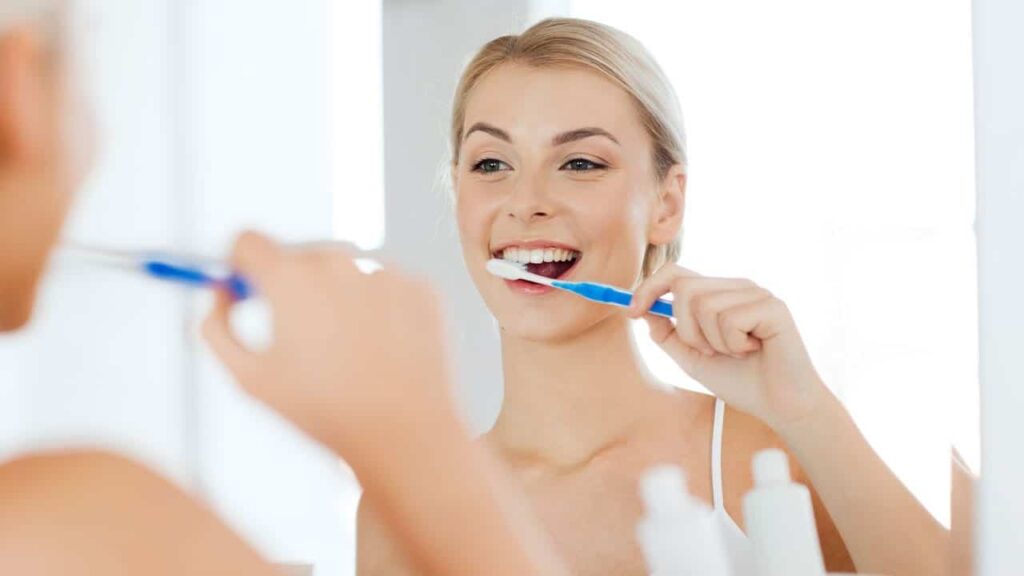
Tooth decay and gingivitis are big issues, and not just for the aged. According to the studies, 75% of teens experience bleeding gums. Hence, adopting and keeping to the habit of brushing and flossing at least twice a day is necessary. Remember also that: Toothbrushes are to be replaced 3 to 4 times a year.
Teenagers with braces may need to clean their teeth using special toothbrushes and other oral hygiene devices. Senior citizens suffering from arthritis may find it difficult to floss or use a toothbrush. However, using a foam tube or bicycle grip over a regular toothbrush handle will make it easy to hold.
Consider mouthwash

Mouthwash is advertised on the television every day touting its benefits for healthy oral health, but because many people do not understand how it works, they tend to overlook it.
Mouthwash works in three ways: It decreases the level of acid in the mouth, removes hard-to-brush regions inside and around the gums, and re-mineralizes the teeth. Mouthwashes are especially appropriate for children and the aged, where brush and floss functionality may not be optimal.
Ask your dentist for detailed advice on mouthwash. Some brands are better for small children, especially those that have sensitive teeth. There is also prescription mouthwash.
See a dentist regularly
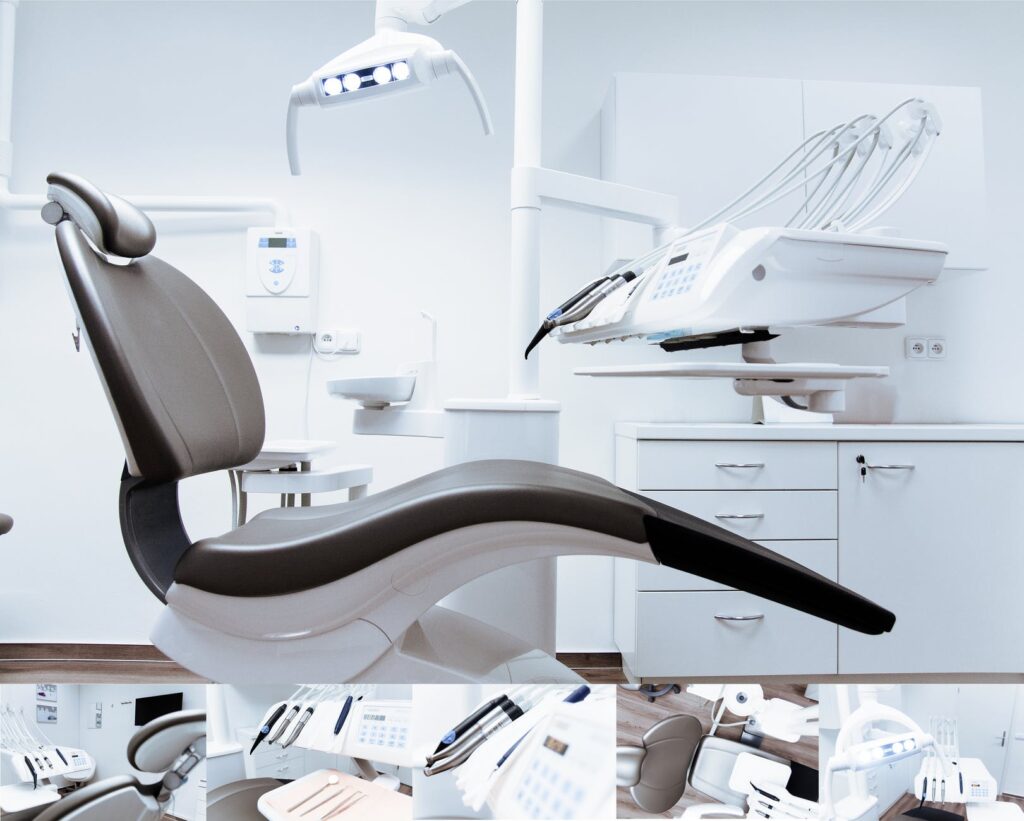
Experts recommend that patients visit dentists for a check-up every 6 months. A hygienist can properly the teeth during a regular dental test, extracting plaque, and dried deposit. The dentist can check for cavity signs, mouth cancer, gum disease, and other oral health issues. They can also sometimes use dental X-rays to test for cavities. Regular visits to the dentist mean that problems are detected and treated before they escalate into serious problems.
A recent study has confirmed that children and teenagers should see a dentist every 6 months to help with cavity prevention. Nonetheless, people who exercise proper dental hygiene on a regular basis and are at low risk for oral health issues will be able to go less frequently.
Consider teeth replacement therapy for missing teeth
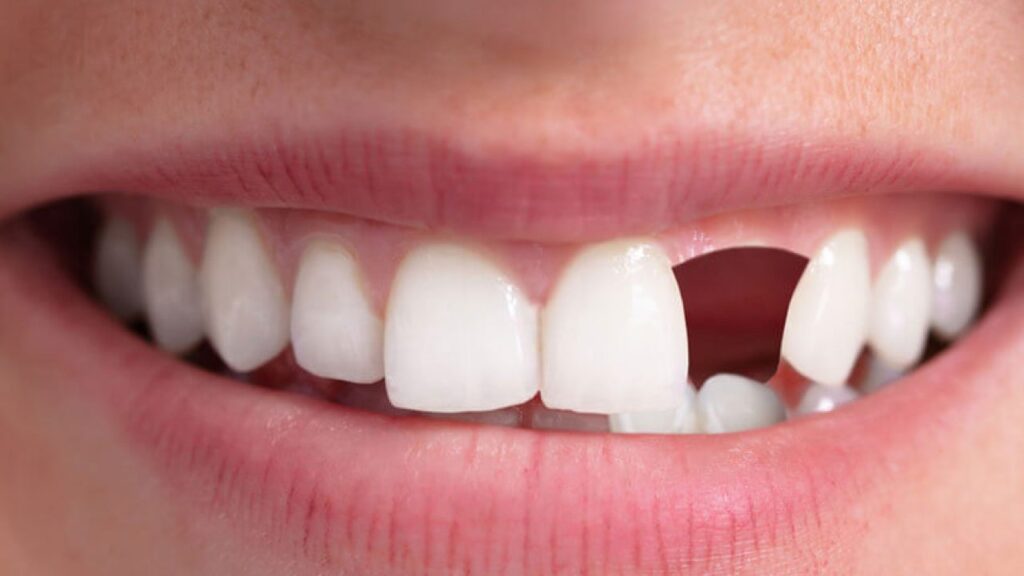
Missing teeth can be an immense concern for most people, leading to a lack of confidence and also to a wide variety of oral and physical health issues. Luckily, there are lots of choices for restoring lost teeth such as dental implants.
If you have lost one or more of your teeth, try replacing the damaged teeth with dental implants to enhance your oral health. A guide to dental implants can be found at dentalartistry.co.nz but it’s always a safe idea to share your questions with your dentist who can discuss the choices open to you and make expert suggestions. If you are able to fix every missing tooth or teeth, so you can concentrate on activities that can improve your dental health.
Keep your mouth hydrated
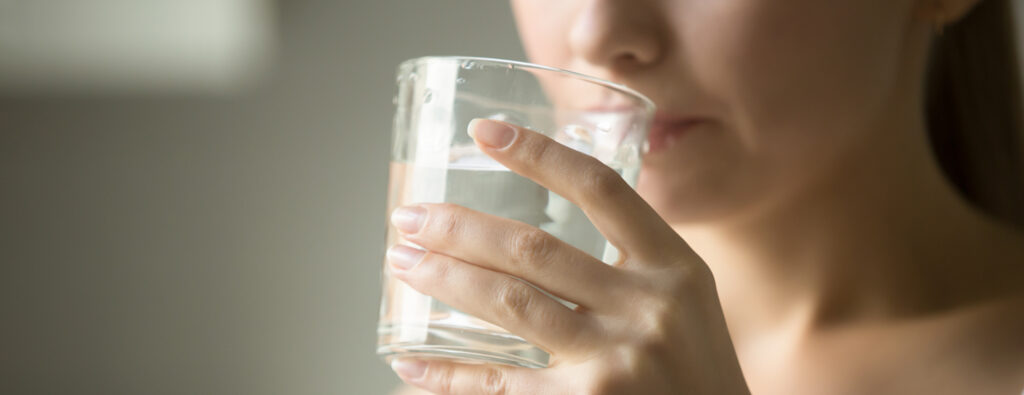
Saliva serves to flush away the leftover food and bacteria which contribute to cavities, keeping your mouth clean. Saliva also battles the effect of acidic food. In fact, saliva plays a huge role in oral health so it is important that you keep your saliva levels normal to enjoy all its benefits.
For this to happen, drink enough water so that your mouth remains clean and moist. If you are involved in vigorous workouts, make sure to rehydrate before and during your workout. Note that certain illnesses and drugs can cause dry mouth, so talk about therapies with your doctor.
Quit cigarettes
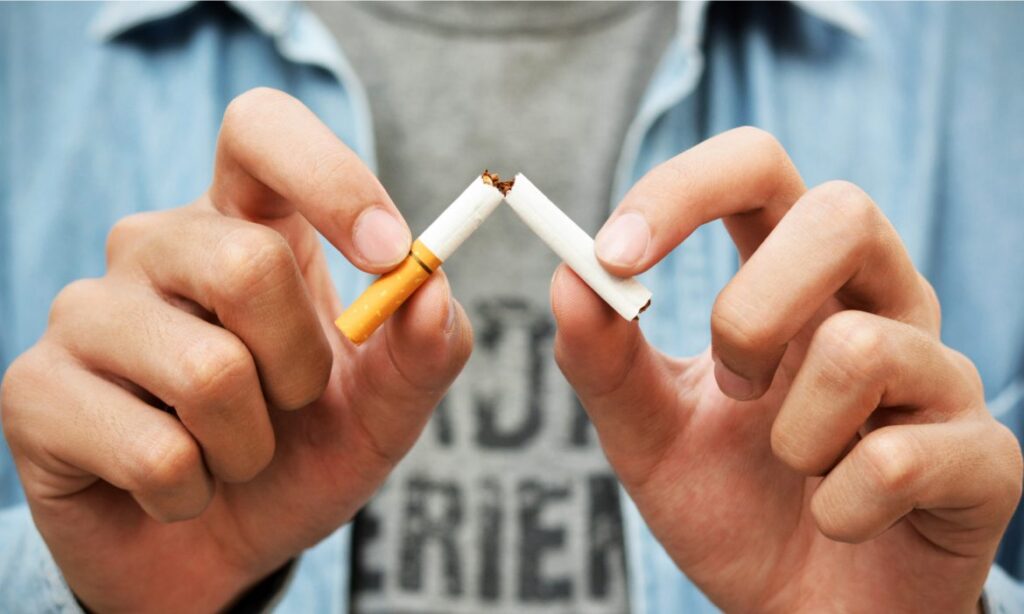
Smoking will dye your teeth brown, cause poor breath, and increase the chances of gum disease, as well as causing numerous other severe health issues. That’s why it’s critical for you to take steps to quit.
There are a lot of tools available that can help if you want to stop smoking. Or you can get medical support if it’s something you can’t do on your own, because at the end of the day, avoiding nicotine can do a lot of good to your oral health and to your general physical health.
Alcohol is also a critical factor when it comes to oral hygiene. Drinking too much has also been associated with an increased risk of contracting cancer in the mouth. In addition, the most significant risk factors for oral cancer are the combined effects of smoking and consuming alcohol.
Heavy drinkers and cigarettes are estimated to have a 38-fold rise in the risk of contracting oral cancer relative to people who do not drink or smoke. Therefore, avoiding or reducing the consumption of alcohol would make it easier to maintain healthy oral health.
Maintaining proper oral hygiene is among the most important things you can do for your gums and your teeth. Good teeth not only make you look and feel healthy, but they also make it easy to eat and talk well. Better oral health is critical for your overall well-being.
Effective preventive maintenance, including regular brushing and flossing, will help to prevent complications before they worsen and is definitely less uncomfortable, inexpensive, and less stressful than the treatment of diseases that have been left to worsen.
